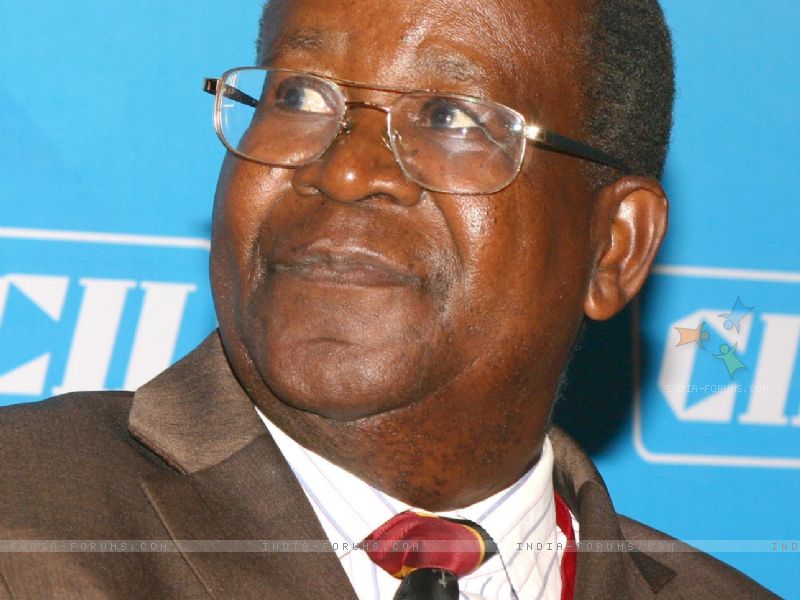MP. Aroo? Where are you? Can you come here or should I come to you? Abdu Katuntu: No we will come to you.
A petition to recall Parliament to discuss the secrecy surrounding Uganda’s oil agreements is spreading like a wild fire, according to the main petitioners Mps Abdu Katuntu ( Bugweri, and shadow Attorney General) and Theodere Ssekikubo ( Lwemiyaga).
As of this evening 135 Mps have signed up. This is more than the 125 required in the recall procedure under the 1995 Constitution. Beyond the oil sector this development is very interesting. “ Never in my career as a legislator since 2001 have I seen this energy in the House” Katuntu told me earlier today on the Hot Seat.
Its very revealing of the politics of the NRM in the house that “majority of the Mps who signed the petition are NRM mps” including its uniformed members, Army representatives “like Col Phinehas Katirima”, who normally would tow both the party and establishment line.
When the petition is presented the House Speaker has 21 days to recall parliament to discuss the issue, which, promises to be, a far reaching and ground breaking legislative inquiry into the oil sector.
But how much can we make out of legislative activism here?
Perhaps a considerable lot. Just weeks ago I heard that Independent members of the House were considering caucusing separately. If this succeeds, the 9th Parliament would be split in three camps with two not necessarily aligned to the NRM.
Already the present petition suggests that the party is less persuasive of its members. There is a lot to look forward to. A street reading of this mood is that after an expensive election, Mps are setting themselves up as the main brokerage for public interest, a sign sometimes not of good things to come given the fact that in the past money has exchanged hands were laws needed to be made or even the constitution amended.
However while it lasts here is a little back-story. When I decided to go to court together with Charles Mwanguhya in 2007 to make these agreements public, it was to Abdu Katuntu and his law firm that we turned.
He filed the initial request with the AG for the oil agreements to be made public under Uganda’s freedom of information laws, which he incidentally had pioneered, in the House.
We have since changed lawyers but it’s refreshing to hear that the House will take up the issue under his leadership. Pressure on the government is important for several reasons. Presently the PSA’s or oil agreements are a law unto themselves. There is no oversight parliamentary or otherwise that can be claimed as long as they remain “secret”. There is a court ruling last week against Heritage Oil that says as much.
Uganda already has had a brush with how costly this secrecy can be.
The reason Parliament has gone on the offensive is that the government wants to spend money on UK based lawyers to cure a problem arising out of a bad agreement. An earlier study I participated in points out several other problems. Moreover the country is about to sign off on perhaps the biggest deal thus far with a consortium led by Tullow (in which Total and CNOOC are bigger players).
Lets watch this space.
Baby showers for Kamuntu

( Left Babyface Kamuntu) Meanwhile Uganda’s energy sector is facing a severe shortage. The twitter verse is abuzz with sheer hatred for the power distributor Umeme (which is kind of blameless because it does not control how much power is generated). Which reminds us of two things. One is that the Umeme contract which is under review may like the oil contracts be confidential (same problem) and secondly that Mr. Ephraim Kamuntu, one time minister for planning (now Tourism) suggested that Uganda’s high population is a result of its low electricity coverage. According to him undistracted by the perks of electricity (like reality TV I guess) Ugandans turn tomaking babies.
If you believe him this is the baby-making season or something coined as “Umemism” next time you are on Twi









